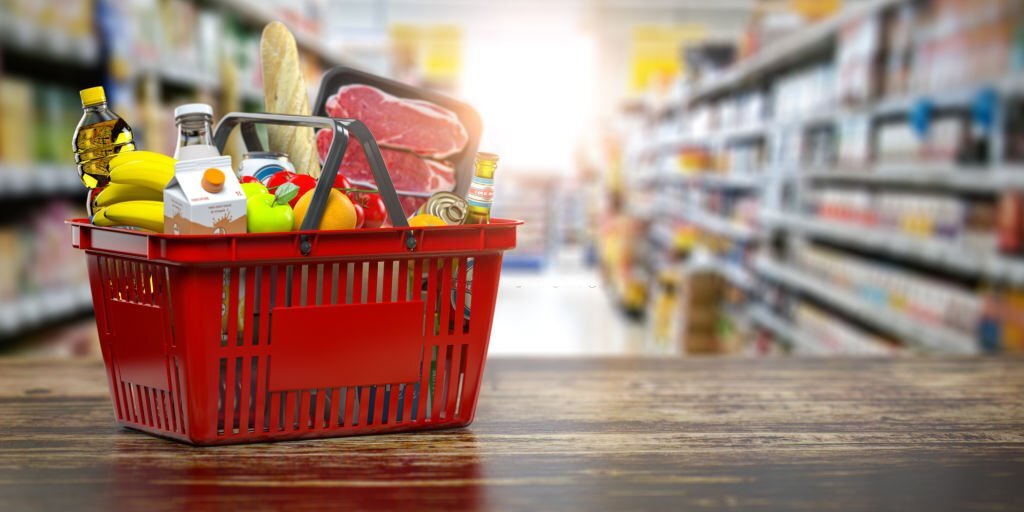Save money: Buy zero-rated goods
Save money: Buy zero-rated goods JoyWhile the increasing cost of living in South Africa is taking its toll on citizens, especially those from low-income households, you can ensure that your money goes further when shopping for groceries by buying zero-rated goods.
Zero-rated goods are certain basic foods that people do not have to pay tax on, which means they are sold at a cheaper price. People who buy food off the zero-rated list can get a little more for their money, which helps them to put nutritious food on the table.
 According to Statistics South Africa (Stats SA), food and non-alcoholic beverages (NAB) cost 8.6% more in June this year than they did in June 2021.
According to Statistics South Africa (Stats SA), food and non-alcoholic beverages (NAB) cost 8.6% more in June this year than they did in June 2021.
Stats SA said the food products that have increased the most are bread and cereals (which includes maize meal), meat and oils and fats – all of which are staple foods in many households.
Bread and cereal products have increased by 11.2% since June 2021, up from 8.4% in May this year, when the Consumer Price Index (CPI) increased by 1.1%. The monthly increase was 2.6%, with notable price rises for maize meal (5.2%), brown bread (3.2%) and macaroni (3%). In addition, meat prices increased by 9.5% from June 2021 to June 2022., and cost slightly more than they did in May 2022.
Oils and fats increased annually by 32.5%, compared with 26.9% in May when the CPI increased. The high cost of sunflower oil, in particular, is putting extra strain on budgets.
Save with zero-rated goods
Zero-rated goods were introduced by government in 1991 to help low-income households. Since the initial introduction, more items have been added to the list.
According to the South African Revenue Service, zero-rated foods are taxed at a rate of 0% – this means people pay 15% less for these goods because they do not have to pay VAT.
These items include:
- Brown bread
- Dried mealies and mealie rice
- Brown bread flour (excluding wheaten bran)
- Samp
- Eggs
- Fresh vegetables and fruit
- Dried beans
- Lentils
- Maize meal
- Rice
- Pilchards in tins or cans
- Vegetable cooking oil (excluding olive oil)
- Milk, cultured milk, milk powder and dairy powder blend
- Edible legumes and pulses, such as peas, beans, peanuts, etc
Sanitary towels (pads) are also zero-rated, as are maternity pads and panty liners.
Senior citizens must also ask their local shops if they give pensioners a discount, on certain days, on goods that are not zero-rated.